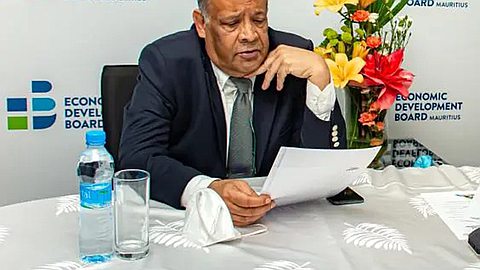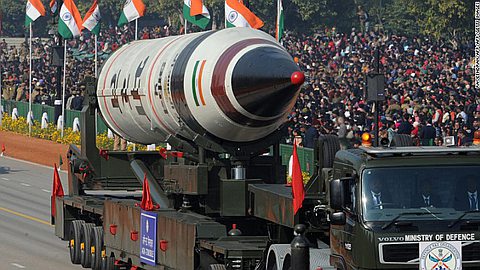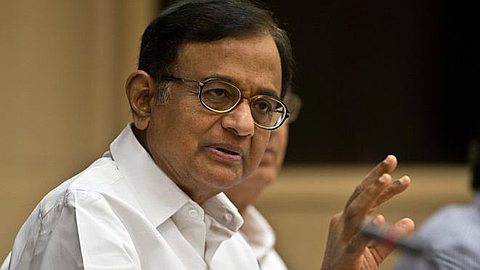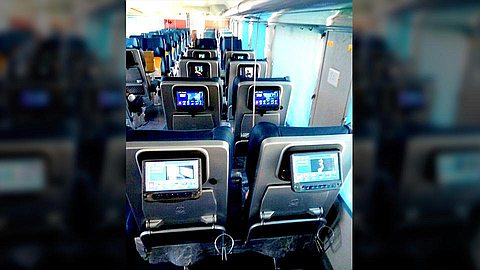‘A Rude Shock’: Indians Describe Life After Narendra Modi’s Currency Ban
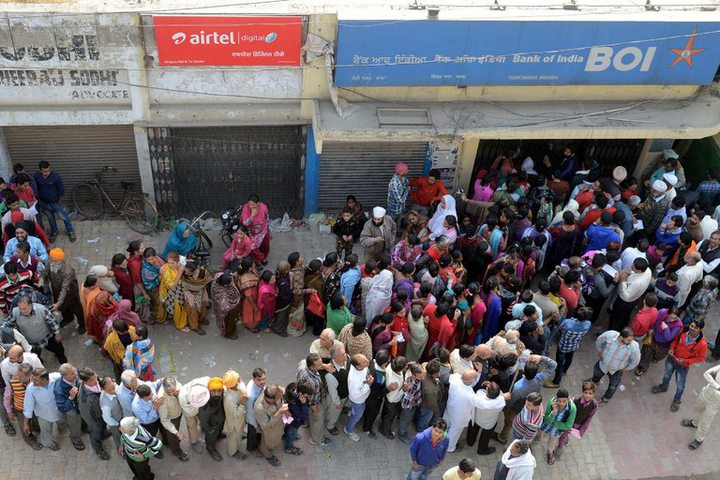
Milan Odedara, a software engineer in Gandhinagar, the capital of Gujarat, said he, too, had to stand in line, but he felt it was worth it. “At least for some years, black money holders will live in fear for what’s coming next for them,” he wrote.
Prime Minister Narendra Modi’s move to ban 500- and 1,000-rupee notes(worth about $7 and $15) was an effort to crack down on corruption and tax avoidance.
But it caught the country by surprise and forced many Indians to scramble to exchange their bills and secure enough cash for their daily needs. Some affluent Indians who had stockpiled large amounts of cash have resorted to creative methods to quickly spend their money.
New Your TImes asked Indians to tell us how the move affected them and their families. More than 750 people responded. Here is a selection of the responses, which have been edited.
‘Air of uncertainty’
“I run an ad agency, and my clients have stopped all work. There is an air of uncertainty and desperation. I had to pull my staff away from other important work in order to make them stand in queues day in and day out, just to be able to get some cash to manage day-to-day activities.”
— Rajesh Madan, works in advertising in Delhi
“Most of my transactions are online or using my debit card, so in terms of that, there’s been little change. Dealing with street vendors for vegetables, fish, meat, however, is a whole different story. We now have to buy online where prices are far higher and quality is not necessarily better.”
— Sanjeev Madhav, self-employed in Mumbai
“This move was a rude shock to those who were comfortably sitting on their pile of black money.”
— Rahul Mohanty, works in information technology in Pune
“Paying for essentials has become a nightmare.”
— Vijay Kumar Sinha, a physician in New Delhi
Some people are hard hit
“My husband’s parents are both above the age of 60 and do not own credit or debit cards. They withdraw large sums of money at a time and use them for household expenses so as to limit the multiple trips to the bank. They both are not physically able to even stand in a queue, but they did it.”
— Apurva Kalidendi, a homemaker in Bangalore
“We cannot buy things from nearby shops anymore because they don’t have bills of higher denomination. So we head to malls or supermarket where we can pay using credit card and debit cards. Small businesses have taken a hit.”
— Aditya Mishra, a student in Amritsar
“We at least are able to manage some emergencies by making payments online, but to think of the plight of all the farmers, laborers and workers is highly disturbing.”
— Raghu Raman, a photographer in New Delhi
“For my parents, it was bit of a discomfort. My father had to take one full day off from his work to deposit and exchange old bills that he had. Same goes for my grandparents. Local vegetable vendors stopped setting up stalls as they don’t have cash to buy from farmers. Even though they have new bills of 2,000 rupees, they can’t use them unless the other person has enough cash to return the change.”
— Ashish Dubey, a software engineer in Bangalore
A smooth process for others
“Personally, my family has not been affected much. Yet. We managed to deposit the 15,000 or so we had in cash into our local post-office account, as the bank queue had already grown large.
“We live in a rural area, with a small town about four miles away where everyone goes to do most of their weekly shopping. As of now, the shopkeepers are still accepting the old 500 notes as a favor, and we have done most of our shopping either through those or on credit.
“The problems probably start coming some time later, though. As we near the deadline of Dec. 30, shops will stop accepting the old notes.”
— Badri Sunderarajan in Thekampattu
“My cash usage has always been minimal. I was barely affected. My parents who live in a smaller city faced very few problems. The lines outside banks disappeared within a couple of days and things are back to normal. Most small shops have started accepting digital wallets or credit cards.”
— Bhavin Shah, a consultant in Bangalore
Society will benefit
“I am not a very big fan of Mr. Modi, but I totally support this move. As Indian citizens, we see everyday how corruption cripples our nation.”
— Bhushan Chaudhari, an interior designer in Thane
“The main goal of this move is to bring the shadow economy inside the mainstream economy. India needs to expand its gross domestic product to lift people out of poverty. The shadow economy doesn’t yield taxes but any transaction done online leaves an audit trail, and it becomes impossible to hide illicit wealth. India is moving to the future where payments will be made online. I agree with Prime Minister Modi, and this move is such a decisive act of leadership, considering all the political risks and economic variables. I voted him in to take tough decisions, and he is doing just that.”
— R. Vinayakan Aiyer, a consultant in Bangalore
“The cost of doing illegal business will increase.”
— Ajay Saini in Gurgaon
Better management is needed
“While I agree with the motive behind the move, I really question whether the government was prepared to implement the new scheme. The government seems to be changing the policy every day, which feels like there’re making it up as they go along. Better preparation would have made this so much easier. The worst affected are those who don’t even have bank accounts, making it so much harder to change their notes.”
— Riyan Vatcha, a student in Jodhpur
“No money to get day-to-day groceries, hardly any grocer has electrical payment methods.
“Why are we middle-class people bearing this burden? We are not keeping stashes of money under our bed. No planning, bad planning.”
— Abdul Rehman Khan, a student in New Delhi
Low expectations
“I deposited all my old notes into my account at a private bank and then withdrew an amount for meeting my daily cash expenses. The process was relatively hassle-free and quick.
“The move seems unlikely to change the practice of relying on cash. The systems and sources that give rise to untaxed wealth remain the same as before. Once the immediate cash liquidity situation is resolved, things will revert to the earlier state, in due course. Ultimately, it is the people who are used to corruption and tax avoidance. Scrapping notes will not change citizens’ basic tendencies.”
— A Mukherjee, a retiree in Kolkata
